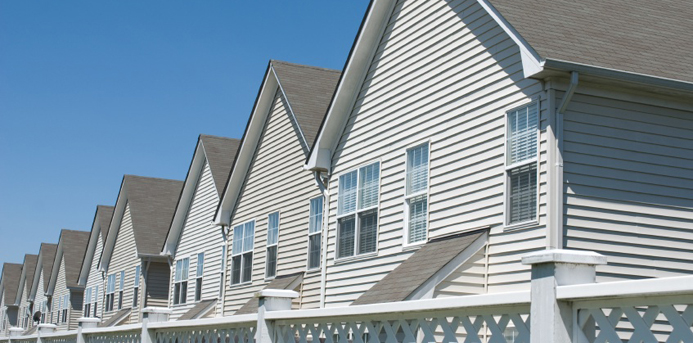The debate about affordable housing in Winnetka rages on.
A Winnetka group filed two petitions on October 3 in an effort to put two referenda questions on the March 2012 ballot.
According to the Chicago Tribune, Carry Buck, leader of the Winnetka Home Owners Association, submitted approximately 1,600 signatures at the Winnetka Village Hall. The petitions advocate having voters answer whether or not they think the Village of Winnetka should expand its affordable housing plan and whether the development of the Post Office site should include affordable housing units.
The Affordable Housing and Appeal Act
Winnetka is in the process of working out how the community will respond to the Affordable Housing and Appeal Act. The Act, which came into effect in 2004, requires that all communities with less than 10% affordable housing (and a population greater than 1,000) approve and implement a plan to increase their affordable housing options. The median home price in Winnetka hit just over $1.1 million in 2010.
In Winnetka, qualification for affordable housing would require homeowners to earn at least $75,000 a year, and potential renters would need to earn approximately $45,000.
Wilmette, Winnetka, Glencoe, Kenilworth and Northfield all were required to submit plans, and all complied by June of 2005. Winnetka submitted theirs last.
Winnetka Home Owners Assocation Vs. the Interfaith Housing Center
The Winnetka Home Owners Association sends regular email newsletters about their efforts to combat affordable housing plans to approximately 1,500 people from many North Shore suburbs.
The Interfaith Housing Center, the biggest advocate of affordable housing in the northern suburbs, is at the heart of the battle. Gail Schechter, executive director of the Center, says that a general lack of political will has slowed progress.
“From what I’ve seen, no village president or mayor in the northern suburbs is interested in making the expansion of housing for working class or poor people a top priority,” Schechter says.
Buck and the Home Owners Association see things differently. Their newsletters say that affordable housing is being railroaded, and Buck remains staunchly against what she says is a government intervention.
“Residents will be picking up the slack in property taxes created by handouts of tax breaks for low-income tenants and home owners in Winnetka,” Buck says. She said that having some residents who pay lower property taxes than others would put a burden on the rest of the community.
But according to Schechter, there are too few affordable units being generated to affect property values or taxes significantly.
Is Race the Issue?
“I also believe that there’s an underlying racism,” Schechter says, citing a comment by a Winnetka Trustee at a May meeting about whether the community would be able to choose those who receive the affordable housing by community of origin over other factors like race, religion and familial status.
Buck says calling those against affordable housing racist is unwarranted slander, suggesting philanthropic and charitable efforts by Winnetka residents is proof that the motivation isn’t race or class.
Schechter sees the opposition as protecting what has become a very exclusive community: “They don’t understand that Winnetka looks like it does precisely because of government intervention in the housing market through zoning codes and tax policies favoring homeownership, and racially restrictive covenants that forged a lasting impact.”

